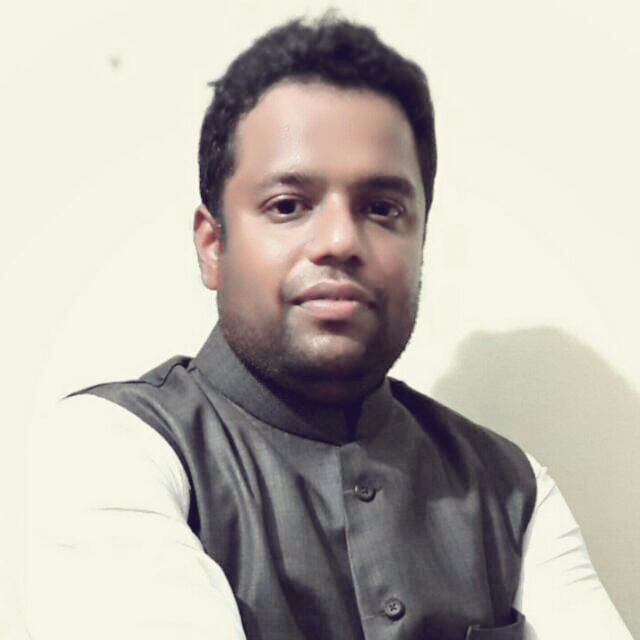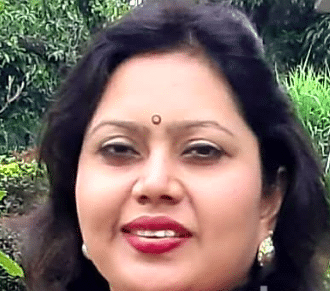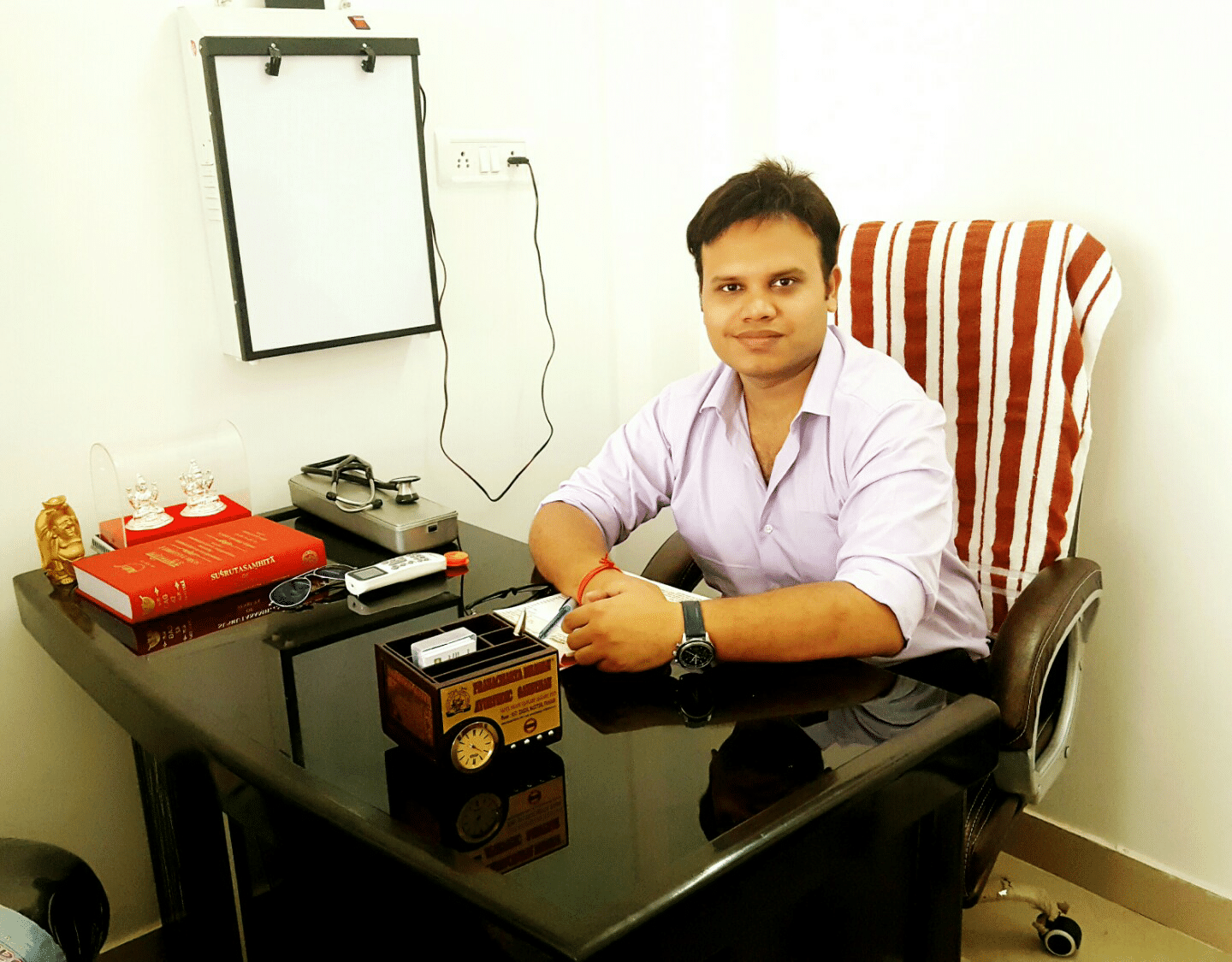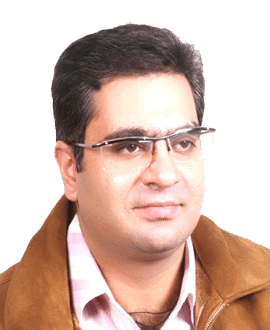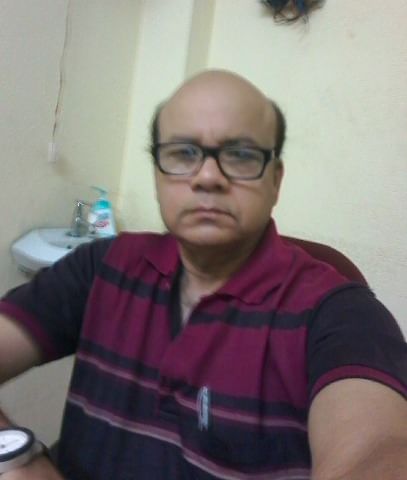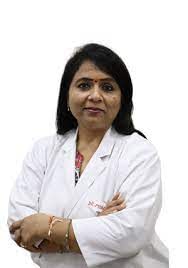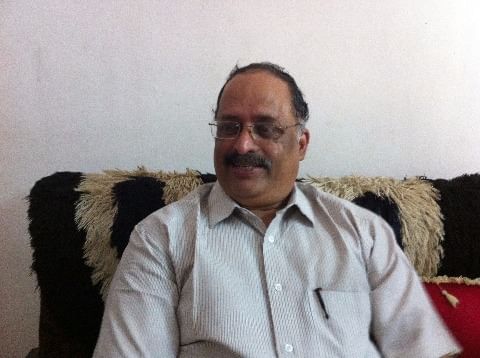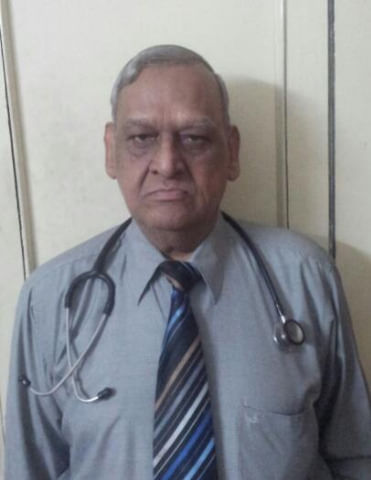Get the App
For Doctors
Login/Sign-up
About
Health Feed
AllQ&AsTipsQuizzes
Aspirin 50 MG Tablet Health Feed
Asked for male, 65 years old from Bangalore
Share
Bookmark
Report
Last Updated: 3 years ago• Featured Tip
Share
Bookmark
Report
Periods, also known as menstruation, is the discharge of the blood through the vagina from the inner lining of the uterus. Periods occur due to the changes of the hormones. The period starts in between the ages of 12 to 15 years. When the period comes for the first time in the girls then it is called menarche. The period occurs every month between 21-30 days from the last menstrual cycle. Most of the women have their period on or after the 28th day of the last menstrual cycle. The norm...more
Health Query
Share
Bookmark
Report
Local application of coconut oil or mustard oil or some soothing and calming lotion may provide relief in itching. Neem is one among the best blood purifier and detoxifier known to ayurveda. It enhances immune system and neem oil is an antiseptic in itself. Leaf extracts are used in antiseptics and can be effectively used in treating skin diseases. It destroys fungus and bacteria and is best for almost all kinds of skin diseases including redness of skin and itching.
Last Updated: 8 years ago• Featured Tip
Share
Bookmark
Report
Many guys, especially those who are quick on the trigger, would do just about anything to be able to engage in sex for hours on end without ejaculating. But men who actually experience delayed male ejaculation find this to be a burden rather than an asset. Even men who practice exceptional penis care may find themselves one of the fairly rare victims of delayed male ejaculation - and they may not be happy about it.
Does it exist?
Many men don't believe there is such a thing as ...more
Does it exist?
Many men don't believe there is such a thing as ...more
Asked for male, 23 years old from Delhi
Share
Bookmark
Report
You are having premature ejaculation. It may be due to
1.Anxiety, depression
2.Fatigue, stress
3.Relationship issues, performance anxiety,
4.consumption of alcohol, tobacco etc
5You can take the following measures
a) Avoid stress, anxiety, depression
b) Avoid alcohol and tobacco consumption
c) Go for regular exercise
d) lead a healthy living style
e) Practice relaxation Technique by deep breathing exercise (take deep full breath for 5 seconds, hold it for ...more
1.Anxiety, depression
2.Fatigue, stress
3.Relationship issues, performance anxiety,
4.consumption of alcohol, tobacco etc
5You can take the following measures
a) Avoid stress, anxiety, depression
b) Avoid alcohol and tobacco consumption
c) Go for regular exercise
d) lead a healthy living style
e) Practice relaxation Technique by deep breathing exercise (take deep full breath for 5 seconds, hold it for ...more
Last Updated: 3 years ago• Featured Tip
Share
Bookmark
Report
. Rajesh upadhyay
Https://www. Lybrate. Com/delhi/doctor/dr-rajesh-upadhyay-gastroenterologist
Mbbs, mrcp - gastroenterology, certification in liver diseases ;
45 years experience 900 - 1000 at clinic
For the last 45 years, Dr. Rajesh upadhyay has practised gastroenterology in delhi. Dr. Upadhyay has accomplished several milestones in his professional career thanks to his knowledge and experience. He has won the Dr. B. C. R...more
Asked for male, 23 years old from Hyderabad
Share
Bookmark
Report
Health Query
Share
Bookmark
Report
WELCOME
TAKE ONE TABLET CLOPIDOGREL 75 MG DAILY AT BED TIME AFTER FOOD.
CHECK BP MONTHLY.
NORMAL BP IS LESS THAN 140/90.
TAKE LESS SALT,FRESH FRUITS, TONED MILK,SOYA PRODUCTS.
AVOID SMOKING,COLA,COFFEE,JUNK FOODS,
EXERCISE REGULARLY.
GET BLOOD TEST FOR URIC ACID LIPID PROFILE,SUGAR.
FUNDUS EXAM. BY EYE DOCTOR YEARLY.
TAKE ONE TABLET CLOPIDOGREL 75 MG DAILY AT BED TIME AFTER FOOD.
CHECK BP MONTHLY.
NORMAL BP IS LESS THAN 140/90.
TAKE LESS SALT,FRESH FRUITS, TONED MILK,SOYA PRODUCTS.
AVOID SMOKING,COLA,COFFEE,JUNK FOODS,
EXERCISE REGULARLY.
GET BLOOD TEST FOR URIC ACID LIPID PROFILE,SUGAR.
FUNDUS EXAM. BY EYE DOCTOR YEARLY.
228 people found this helpful
Asked for male, 27 years old from Jaipur
Share
Bookmark
Report
Hello,
Premature ejaculation is when ejaculation occurs before the partner achieves orgasm, or a mutually satisfactory length of time has passed during intercourse. There is no correct length of time for intercourse to last, but generally, premature ejaculation is thought to occur when ejaculation occurs in under 2 minutes from the time of the insertion of the penis and when a man experiences orgasm and expels semen soon after sexual activity and with minimal penile stimulation.
.
Mo...more
Premature ejaculation is when ejaculation occurs before the partner achieves orgasm, or a mutually satisfactory length of time has passed during intercourse. There is no correct length of time for intercourse to last, but generally, premature ejaculation is thought to occur when ejaculation occurs in under 2 minutes from the time of the insertion of the penis and when a man experiences orgasm and expels semen soon after sexual activity and with minimal penile stimulation.
.
Mo...more
1159 people found this helpful
Asked for male, 25 years old from Delhi
Share
Bookmark
Report
Ask a free question
Get FREE multiple opinions from Doctors
posted anonymously

